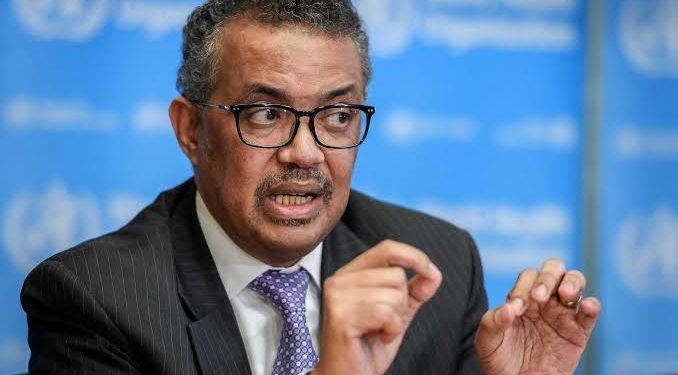By John Ikani
The World Health Organisation (WHO) has recommended two new drugs — baricitinib and sotrovimab — for the treatment of COVID-19 patients.
The news comes as Omicron cases fill hospitals around the world with the WHO predicting that half of Europe will be infected by March.
According to the WHO, baricitinib — also used to treat rheumatoid arthritis — is strongly recommended for patients with severe or critical COVID-19 in combination with corticosteroids.
The global health body said the “strong recommendation” is based on moderate certainty evidence that it improves survival and reduces the need for ventilation, with no observed increase in adverse effects.
Experts also recommended synthetic antibody treatment Sotrovimab for people with non-serious COVID-19 at highest risk of hospitalization, such as the elderly, people with immunodeficiencies or chronic diseases such as diabetes.
Sotrovimab’s benefits for people not at risk of hospitalization were deemed insignificant and the WHO said its effectiveness against new variants like Omicron was “still uncertain.”
It is worthwhile to note that only three other treatments for Covid-19 have received WHO approval, starting with corticosteroids for severely ill patients in September 2020.
Corticosteroids are inexpensive and widely available and fight inflammation that commonly accompanies severe cases.
Arthritis drugs tocilizumab and sarilumab, which the WHO endorsed in July, are IL-6 inhibitors that suppress a dangerous overreaction of the immune system to the SARS-CoV-2 virus.




































